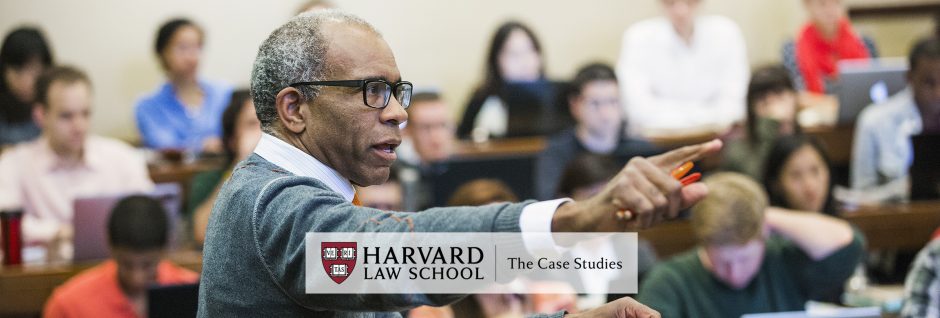New Product: From Sony to SOPA: The Technology-Content Divide
by Lisa Brem and Elizabeth Moroney
When the Stop Online Piracy Act was introduced in the House of Representatives in the fall of 2011, the blogosphere erupted. Tech writers predicted a chilling effect on technology, legal experts feared a lack of due process, and open access advocates saw SOPA as censorship on par with the Chinese government. Wikipedia (and dozens of other websites) voluntarily blacked out for a day in protest of the legislation. Within a few months, the bill’s sponsors withdrew it from consideration.

Open access advocates protest outside the Supreme Court, speaking out in response to the MGM v. Grokster hearings (March 2005).
Certainly, the Internet helped to win this skirmish, as lightning-fast connections spread the word and consolidated opposition. But the larger war between content creators and technologists has been fought since the invention of the printing press. From Sony to SOPA: The Technology-Content Divide, a new case study by Professors John Palfrey and Jonathan Zittrain, provides a brief history of the tug of war between new technologies and the laws and legislation they spawn. As technologists continue to open a Pandora’s Box of potential piracy tools—from the printing press to the Betamax to YouTube and BitTorrent—content creators urge legislators and courts to clamp the lid back down.
Used in the classroom to promote discussion and analysis of the SOPA legislation, From Sony to SOPA prompts participants to ponder questions such as: Is there really a problem with online piracy that the DMCA (Digital Millennium Copyright Act) doesn’t already address? Are the precedents set by the Sony decision adequate in the face of today’s file sharing technologies? Is it possible to craft a law that will strike an appropriate balance between the interests of copyright holders and those of technology creators and individuals? Is some measure of piracy the price we pay for a robust technology sector in the United States? Or is piracy an ever-growing scourge, eviscerating U.S. entertainment industries? In the classroom, student groups representing various stakeholders work to amend SOPA and try to create a bill more likely to be signed into law.
This background note made its teaching debut in Advanced Problem Solving course “Cyberlaw and Intellectual Property” at Harvard Law School last spring. To encourage adoption of the problem solving methodology, HLS has made many of the advanced problem solving cases, teaching plans, and the course syllabus available free of charge at the Case Studies website. For more information, or to discuss how to adapt the case study and problem solving pedagogy for your academic or professional education needs, contact Lisa Brem, Case Studies Program Manager, at lbrem@law.harvard.edu.


Pingback: Introducing the Harvard Law School Case Studies